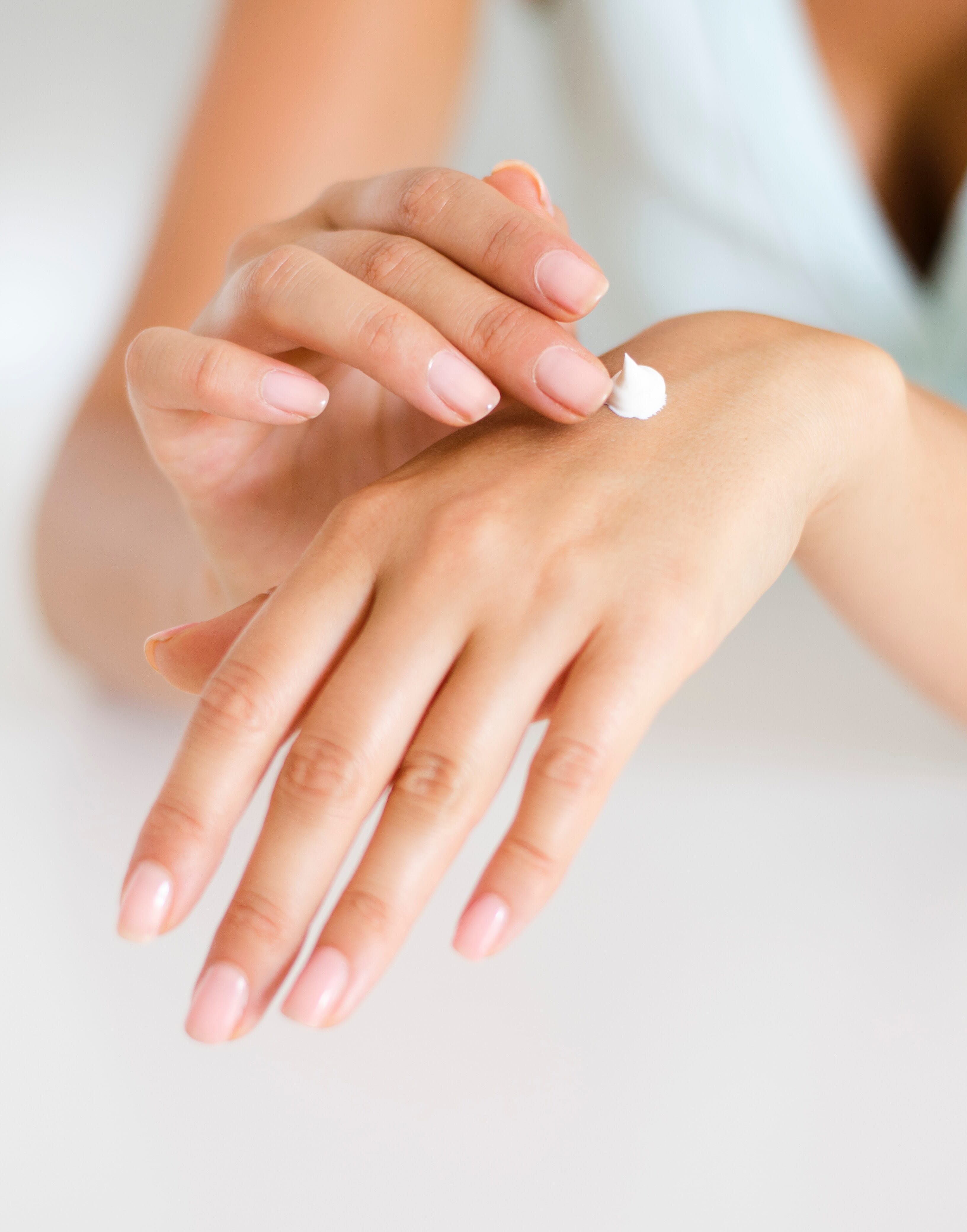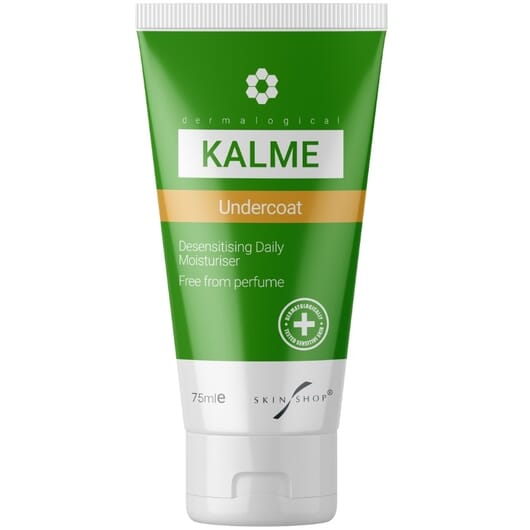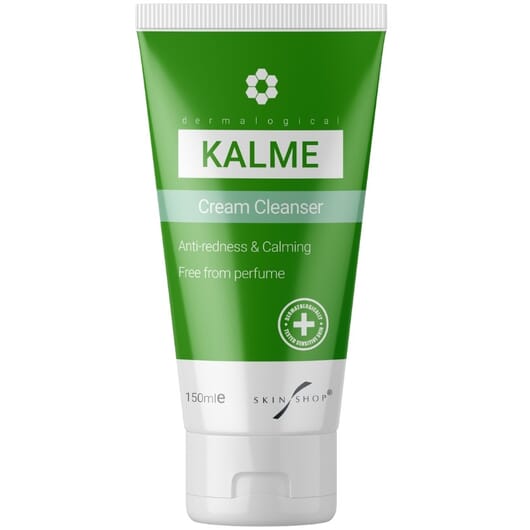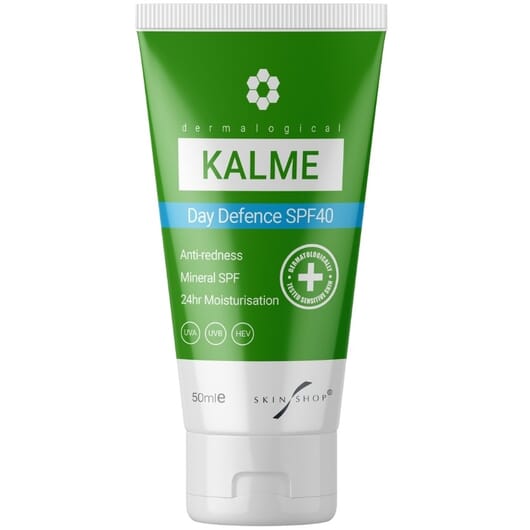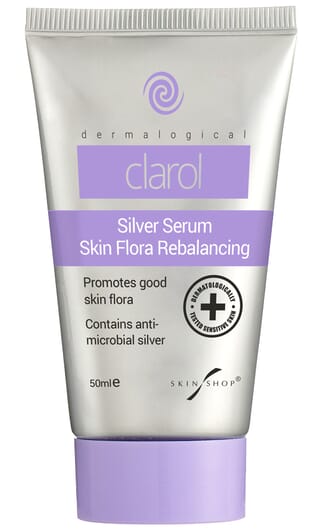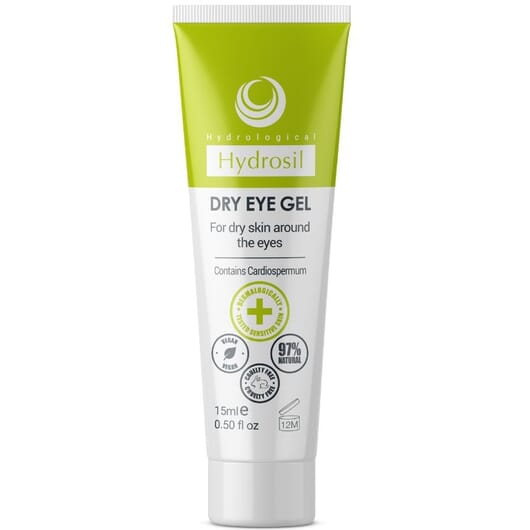With almost 70% of the population suffering from sensitive skin and over 50% suffering from uncomfortable symptoms, sensitive skin is a growing issue in adult skin.
How to make your skin less sensitive
Sensitive skin can cause a number of issues from redness, inflammation and rashes to skin flaking and dryness. Sensitive skin can also become very tight and itchy.
Women suffer more from sensitive skin than men but skin specialists suggest that this is because women use cocktails of cosmetics and chemical or perfumed skin care products on their skin on a daily basis compared to men who will only use one or two products. Research shows that the average women uses up to 16 different skincare and cosmetic products on her skin every day. It’s the amount and variety of skin care and cosmetic products that women use daily on their skin which is one of the leading causes of sensitive skin.
Sensitive skin also becomes more common with age as skin becomes thinner and weaker. People with dry skin and fair complexions are also more prone to skin sensitivity.
People living in cities with high pollution levels are also more susceptible to developing sensitive skin as environmental factors such as pollution can break down the skin barrier protection layer and cause skin to become more sensitive and reactive.
Here are 8 tips to make your skin less sensitive;
- Do not wash your face regularly with water when you cleanse or clean your skin. Water is a caustic substance that can be quite harsh on skin. It also contains chlorine which can increase the risk of the skin becoming intolerant to the chlorine content of water if its exposed to tap water several times a day. Instead use a cleansing oil or water-free cream cleanser to clean your skin of cosmetics and dirt.
- Always wear a barrier de-sensitising base cream or primer without any chemical or perfumes in it under any cosmetics. Do not apply cosmetics directly to skin.
- Wear a mineral based daily SPF (even in winter) to protect skin from UV damage from sun and daylight, which can break down skin barrier function and increase the risk of sensitivity developing.
- Use a product that replenishes good skin flora on your skin. Environmental damage, cosmetics and many anti-bacterial skincare products can destroy good skin flora, which is essential for maintaining healthy and robust skin. People prone to breaks out and acne often over-use antibacterial products to clean their skin and end up drastically reducing their good skin flora which quickly leads to sensitive skin issues.
- Avoid over the counter make up removers. Most make up removers contain detergents that are vert damaging to skin barrier function, which is what keeps moisture locked into skin. Once the skin barrier function is damaged, moisture is quickly lost from the skin and dryness and sensitivity develops. This is particularly problematic around the eyes, where the skin is very fragile and thin.
- Use products daily that contain skin prebiotics. Skin prebiotics are food for good skin flora. Using products that contain skin prebiotics ensure that your good skin flora is constantly topped up, helping skin stay more robust against damage and dryness which lead to sensitivity.
- After shaving, the skin is particularly vulnerable to sensitivity and so its important to use de-sensitising and soothing post shave products that do not contain alcohol or perfumes. If the skin becomes inflamed after shaving due to skin reactions to products, then this leads to skin barrier function damage and eventually dryness and flaking skin, which in turn increases the sensitivity of the skin.
- As much as possible avoid skincare products, scents or aftershaves that are highly perfumed. Perfumed products are a leading cause of skin reactions and irritation. The stronger the scent of the product the more likely it is to cause skin sensitivity when used regularly on skin.



